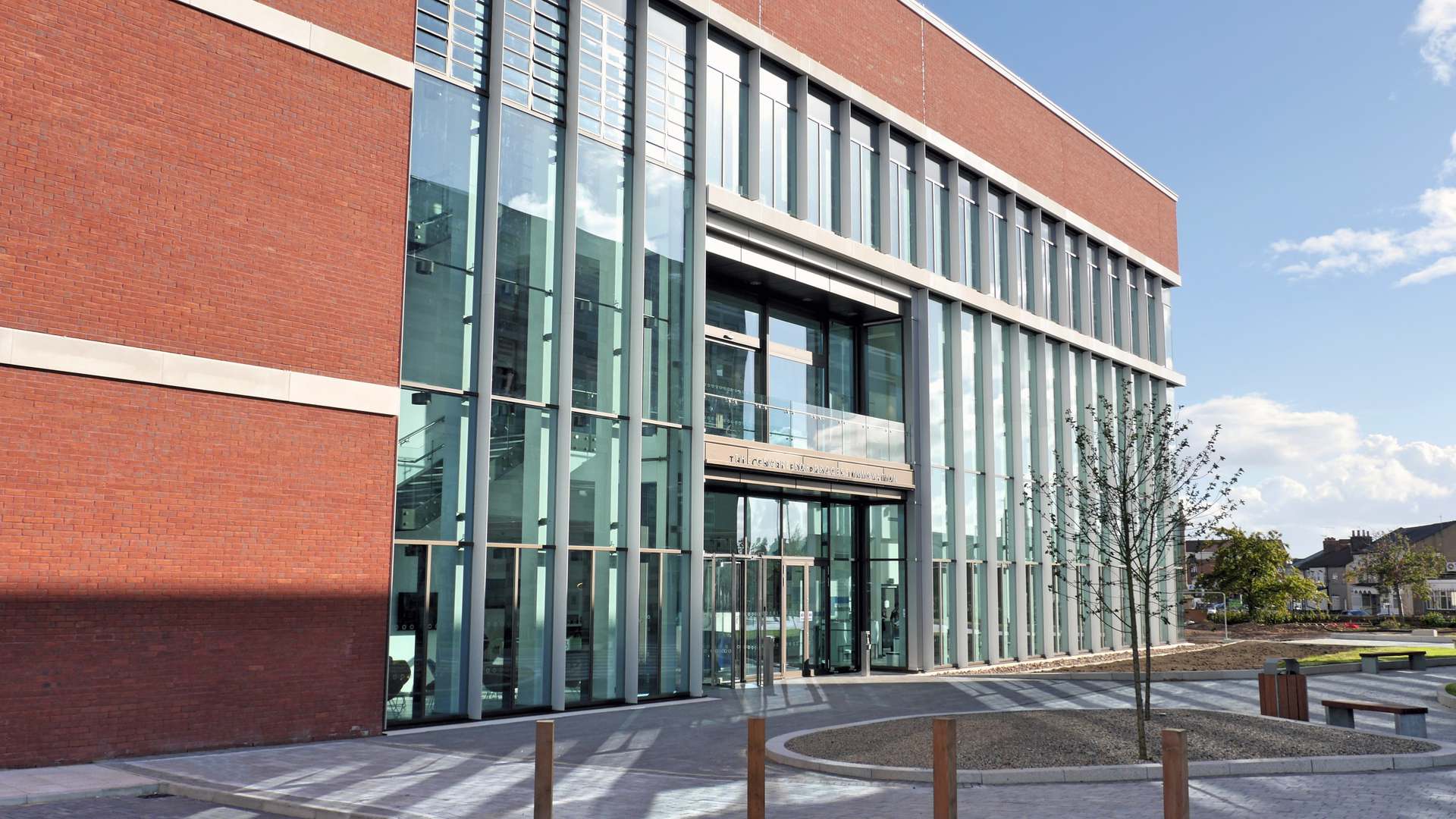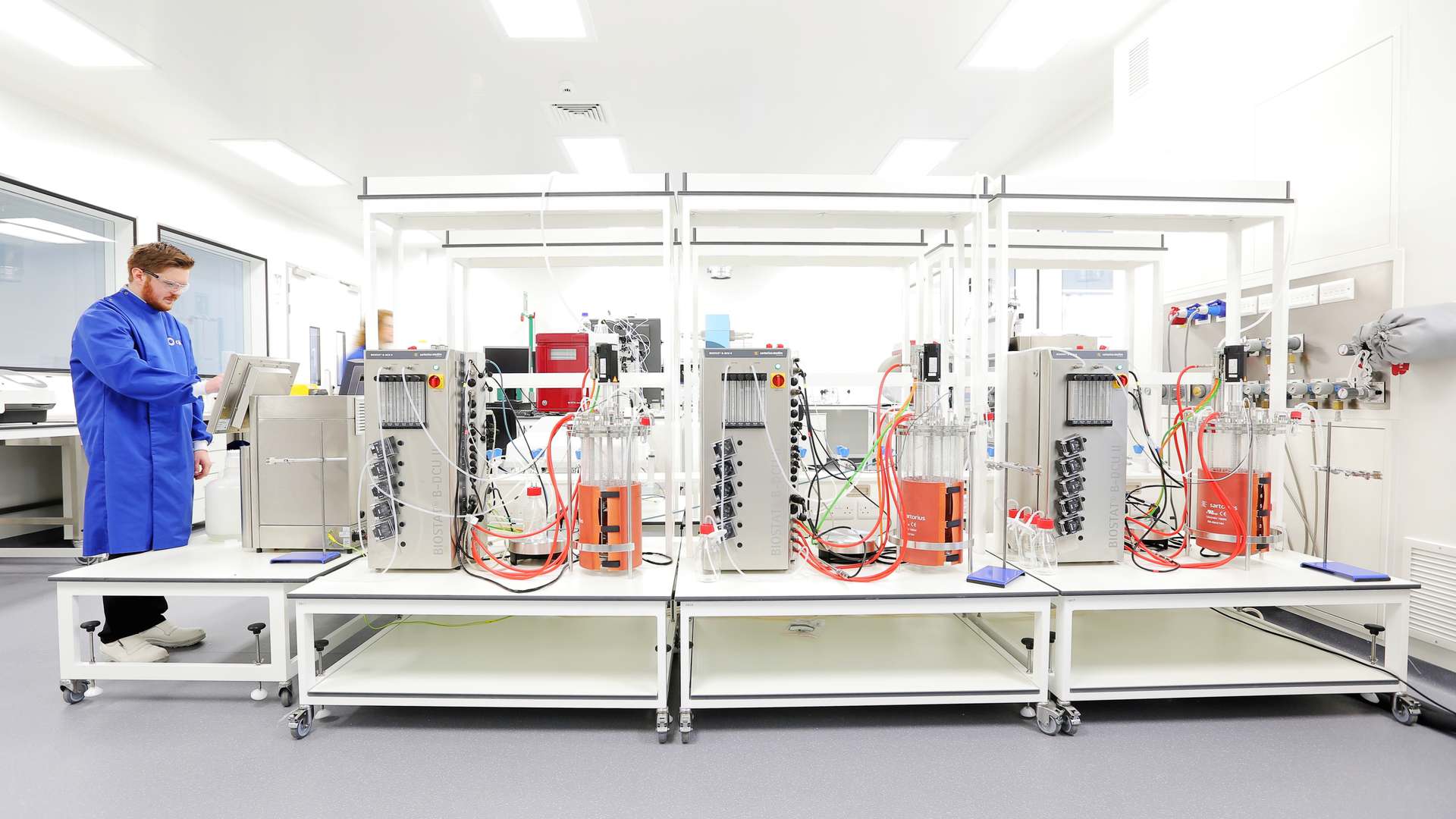
AMECRYS Collaboration Reaches Important Project Milestone
01 Nov 2018
The Centre for Process Innovation’s (CPI) contribution with FUJIFILM Diosynth Biotechnologies to the AMECRYS collaboration has hit an important milestone.
The project, known fully as Revolutionizing Downstream Processing of Monoclonal Antibodies by Continuous Template-Assisted Membrane Crystallisation, has moved forward with the successful technology transfer of the expression and purification of model mAbs from FUJIFILM to CPI.
AMECRYS is a research project funded entirely by the European Commission under the Horizon 2020 programme, in the framework of Future and Emerging Technologies actions (FET-OPEN), supporting early-stages of science and technology research and innovation around new ideas toward radically new future technologies.
The consortium is made up of six academic institutions and three industrial partners from the UK, Italy, France and Belgium.

The aim of the ongoing project, which is on track for completion in October 2020, is to unlock the industrial application of protein crystallisation in biopharmaceuticals by developing an innovative, continuous, downstream process (DSP) for mAb purification based around a Template-Assisted Membrane Crystallizer, which could lead to the replacement of the expensive and cumbersome conventional multi-step batch chromatography-based platform.
The new process will be tested on in-house molecules employed by FUJIFILM which represent important therapeutic formats, such as anti-cancer antibody molecules.
DSP is a critical step for removing impurities and contaminants during the manufacture of biopharmaceutical proteins, due to the high levels of purification that these drugs require.
The current chromatography-based DSP platform for mAbs accounts for approximately 60 per cent of the financial burden of biopharmaceuticals manufacturing and thus requires new technology in order to reduce these production costs, and ultimately reduce the cost of these life-changing therapeutics to healthcare providers.

The technologies and theory behind the development of template-assisted crystallisation of FUJIFILM’s model mAbs has been developed in conjunction with The National Research Council of Italy (CNR), The French National Center for Scientific Research (CNRS), Imperial College London, the University of Calabria, the Free University of Brussels and the University of Strathclyde.
The membranes themselves will be produced by the Italian filter technology company GVS, before the prototype crystalliser is installed in CPI’s biologics facilities, in Darlington.
FUJIFILM will continue to provide industry guidance and steer throughout the collaboration from the point-of-view of a global leader in contract biopharmaceutical manufacturing.
“CPI is extremely pleased to be collaborating with FUJIFILM Diosynth Biotechnologies in this ambitious project, which is both yielding positive results and meeting programme milestones.
“As a result, we are moving closer to achieving the collaboration’s aims of developing a novel downstream processing approach that can be applied to routine biopharmaceutical manufacturing.
“This crystallisation-based approach aims to deliver significant improvements through simplifying downstream process operations and reduction in manufacturing costs while maintaining product quality,” said Dr John Liddell, Chief Technologist, CPI.
“Exploring new avenues to bring manufacturing efficiencies, particularly in DSP, is very important for the biopharmaceutical industry. As an organization we are excited to be a contributor in this project,” said Dr Andy Topping, Chief Scientific Officer, FUJIFILM Diosynth Biotechnologies.
Let’s innovate together
To find out more about how we can work together, please enter your details below.